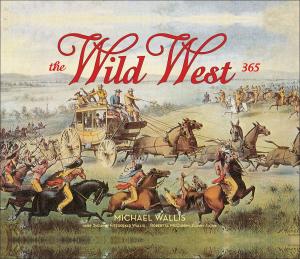| Author: | Alan Macfarlane, Iris MacFarlane | ISBN: | 9781468306019 |
| Publisher: | ABRAMS | Publication: | February 24, 2009 |
| Imprint: | Abrams Press | Language: | English |
| Author: | Alan Macfarlane, Iris MacFarlane |
| ISBN: | 9781468306019 |
| Publisher: | ABRAMS |
| Publication: | February 24, 2009 |
| Imprint: | Abrams Press |
| Language: | English |
From Darjeeling to Lapsang Souchon, from India to Japan-a fresh, concise, world-encompassing exploration of the way tea has shaped politics, culture, and the environment throughout history. From the fourth century BC in China, where it was used as an aid in Buddhist meditation, to the Boston Tea Party in 1773, to its present-day role as the most consumed substance on the planet, the humble Camellia plant has had profound effects on civilization. Renowned cultural anthropologist Alan MacFarlane and Iris MacFarlane recount the history of tea from its origin in the eastern Himalayas and explains, among other things, how tea became the world's most prevalent addiction, how tea was used as an instrument of imperial control, and how the cultivation of tea drove the industrial revolution. Both an absorbing narrative and a fascinating tour of some of the world's great cultures-Japan, China, India, France, the Britain, and others-The Empire of Tea brings into sharp focus one of the forces that shaped history.
From Darjeeling to Lapsang Souchon, from India to Japan-a fresh, concise, world-encompassing exploration of the way tea has shaped politics, culture, and the environment throughout history. From the fourth century BC in China, where it was used as an aid in Buddhist meditation, to the Boston Tea Party in 1773, to its present-day role as the most consumed substance on the planet, the humble Camellia plant has had profound effects on civilization. Renowned cultural anthropologist Alan MacFarlane and Iris MacFarlane recount the history of tea from its origin in the eastern Himalayas and explains, among other things, how tea became the world's most prevalent addiction, how tea was used as an instrument of imperial control, and how the cultivation of tea drove the industrial revolution. Both an absorbing narrative and a fascinating tour of some of the world's great cultures-Japan, China, India, France, the Britain, and others-The Empire of Tea brings into sharp focus one of the forces that shaped history.















